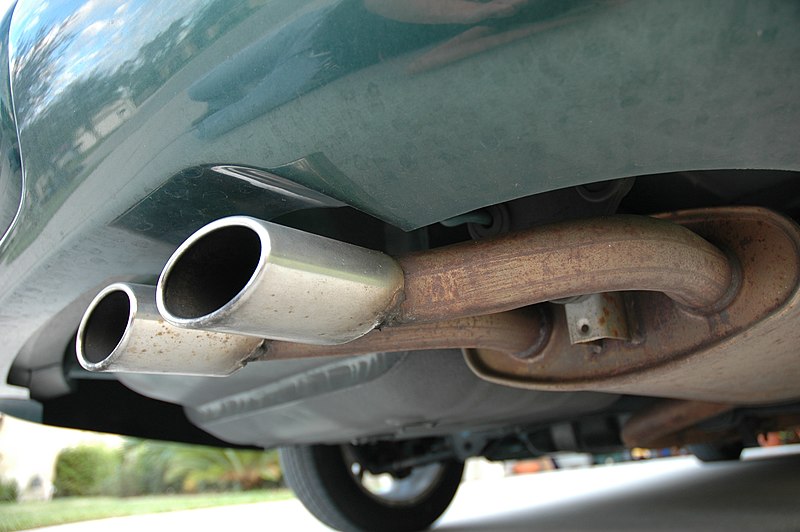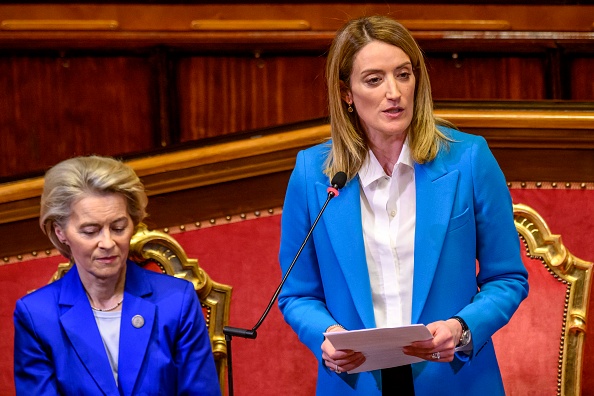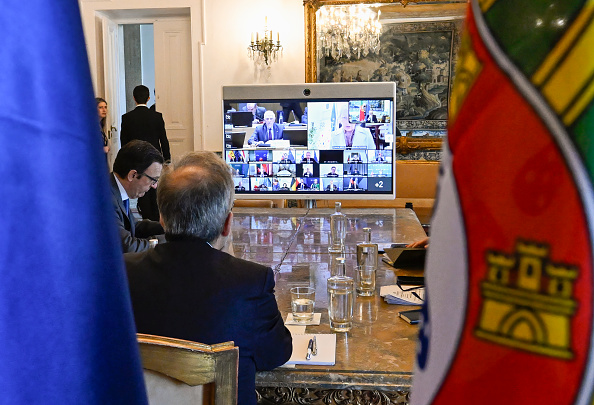A new agreement between Switzerland and the European Union resetting their relationship appears to face a rocky road to ratification.
Despite years of negotiations, Switzerland’s biggest party has called the deal a “subordination treaty” that would “signify the total submission of Switzerland to the EU”.
The country’s largest umbrella body for trade unions said the current agreement would lower Swiss wages and should be renegotiated.
On December 20, members of the hard-right Swiss People’s Party (SVP) held a protest at which party President Marcel Dettling carried a placard proclaiming: “Today the fight begins”.
The SVP members of both houses of the federal legislature gathered in the evening outside the Parliament Building in Bern’s Bundesplatz where they formed a Swiss cross with red candles.
Political rallies are not permitted in the Bundesplatz when the Swiss parliament is in session.
The 20-minute demonstration was broken up by Swiss police. Officers then took the details of SVP secretary-general Henrique Schneider.
The agreement on a new relationship between Bern and Brussels followed a lengthy and at times arduous negotiation process, which saw more than 200 meetings between the two sides.
On December 7, European Commission trade commissioner Maroš Šefčovič had said: “Only a few issues remain open,” adding, “Our goal is to bring the talks across the finish line.”
A final remaining point Šefčovič was negotiating with Swiss foreign minister Ignazio Cassis concerned the size of Switzerland’s contribution to the EU cohesion fund, which aims to reduce economic and social disparities across the bloc.
This contribution is the amount Switzerland pays the EU to access the Single Market, with its 450 million customers.
Switzerland had previously attempted to set the contribution at a fluctuating amount around SFr 130 million (€140 million) a year, but the EU had insisted on a fixed annual contribution.
The two had agreed on other controversial matters, including a “safeguard clause” under which Switzerland can halt the free movement of people, as well as the nature of Switzerland’s relationship with the EU’s electricity sector.
Staunch opposition from Switzerland’s largest party has meant the new set of arrangements would likely face an uphill battle for domestic approval.
A December 3 poll showed the SVP commanded 29.9 per cent support, two percentage points ahead of its showing in 2023’s elections and comfortably ahead of the second-place Social Democrats on 17.8 per cent.
To increase its chances of passing, Switzerland’s Federal Council planned to divide the package into as many as four individual referendums, reported Switzerland’s evening news programme Tagesschau on December 18.
Kompass/Europa, an EU-critical association sponsored by Swiss private equity billionaire Alfred Gantner, indicated it would oppose the decision to hold multiple referendums. it said there should instead be one vote in which the new treaties would need to win the support of a majority of Switzerland’s 26 States.
In response to the ratification battle on the set of arrangements, which technically are called Bilateral III, European Commission President Ursula von der Leyen has indicated she would visit Bern before Christmas.
EU officials said they hoped, in line with the previous two EU-Swiss bilateral agreements, that a ratification vote could take place within two years.
The Swiss Government said it believed a referendum before the 2027 elections was unrealistic, Swiss online newspaper Watson has reported.





